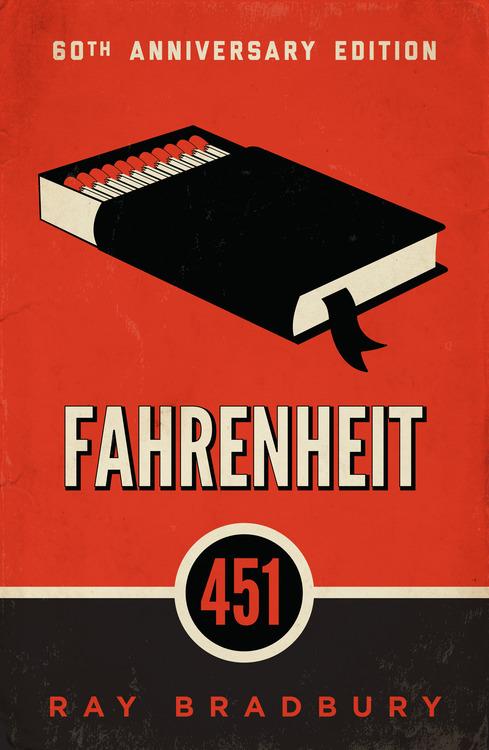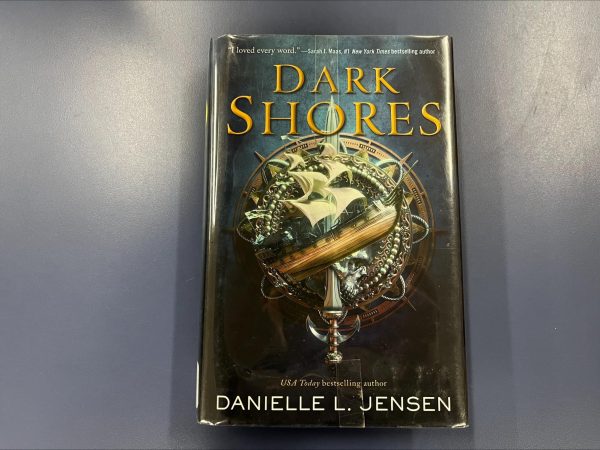Fahrenheit 451: The Reason We Should Read
451 Degrees Fahrenheit: the temperature at which book paper burns. On the front page, it reads “If they give you ruled paper, write the other way.”
This short novel is important to read, because it teaches us so much about books. Guy Montag is a fireman, but he lives in a world of fireproof houses and incredibly dangerous pastimes. Firemen have no fires to put out, so they start them. The firemen of the nation rain kerosene down on things that make people unhappy. People have never liked confrontation from others. In the eyes of society, the only things books create are problems. With flamethrowers and gas guns, they burn it all. The author of the book, Ray Bradbury, once said “You don’t need to burn books to destroy a culture, you just need to get people to stop reading them.”
Montag breaks through to a realization; perhaps there really is something wrong with the world. The world which burns books and keeps everything light. When everything is fun and entertaining, nothing is wrong. There is no uprising, there is no worry, there is only fun things. The people watch television on full, floor-to-ceiling walls. The people drive cars as fast as they want to drive them. The people do not think, the people do. Montag wonders where the humans have gone, for he sees people, but no humanity.
“You can’t ever have my books!” cries the unnamed woman, whose house the firemen douse in kerosene. Montag watches in curious horror as she dares the firemen to approach her. There must be something important in books if someone was willing to die for them.
Ray Bradbury’s writing is fluid and poetic, like a flower. I’ll be honest, however, I am very partial to his particular brand of science-fiction. The book itself is near 150 pages, but the read is phenomenal. If you haven’t read it, you absolutely must. This story is not only philosophical genius, but it also has the ability to turn a mirror on the reader like so few modern books can. Absolutely shocking. One of the main themes is censorship, and if you are unsure of exactly the relevance of censorship in everyday life (as I was, admittedly), it is ever so important to read.
My recommendation goes out to all, anyone from eighth to twelfth grade or above. As aforementioned, the text is very short. Truly, Bradbury’s mastery lies mostly in short stories. He’s written over 100 short stories and up to 36 books. Sadly, he died relatively recently, in 2012. Two-thousand and Twelve: a year into which he may have peered during his early writing years. He lived to see it, and he lived to tell about the past. I cannot stress enough the relevance and importance (not to mention shock value) of the meaning within the ink on each page.

Addam lives in New Boston and is a senior at GHS. He likes writing casually and occasional cooking. Addam also likes finding bones and walking through...








